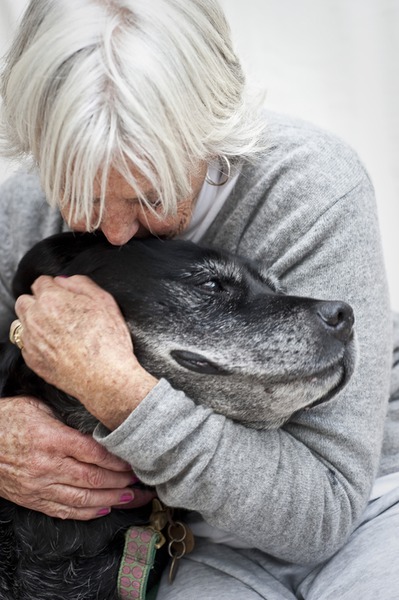Pets with a history of abuse may become withdrawn, unhappy, lethargic, and suspicious of people and other animals. It’s relatively common for dogs to be mistreated, but it doesn’t indicate that all of these pets have been abused. Dogs who have been mistreated may become loving companions if the appropriate person enters their lives, even if it takes time.
How to Train Dogs With History of Abuse
Many factors might affect how long it takes to win over a dog that has been abused. Some pets recover quickly, while others may take some time to recover fully from the trauma they suffered. Here are a few pointers you may try to help your dog recover from its trauma.
Allow time for the dog to adapt to its new environment.
To begin with, you should anticipate the dog to be scared and agitated. Even if you’ve set up a pleasant area for the dog to roam, don’t crowd or push it.
Placing your dog in a quiet, comfortable spot in your home can help him settle in more quickly. Let it get comfortable at its own pace; you will never know when it will be ready to go exploring.
Be patient with the dog, it may still be afraid of you.
Dogs who have been mistreated are scared of humans. Give a comfortable distance from the dog; it will be easier for it to become used to you and your presence.
A kind and calm voice should be used while speaking to the dog. Move closer to the dog as it feels more comfortable until you can sit right next to it.
Ensure that you and your dog have pleasant encounters.
Having fun with your mistreated dog is a great way to show that it can have a healthy connection with a person. Take a stroll with your dog, play with it, and pet it. Select activities that won’t set off any memories of the dog’s cruelty in the previous life.
It’s possible that some dogs like having their coats brushed. If the dog growls or runs away, slow down and halt. The fact that your dog doesn’t like playing doesn’t mean it’s a bad thing. Dogs are more likely to accept training if they spend time with their owners.
Don’t expose your dog to anything that can make it upset.
The emotions of a dog’s owner influence the dog. Take a deep breath and try speaking softly before picking up your new puppy. On the other hand, abused dogs are likely to have a far greater number of triggers than regular dogs.
It may potentially still have injuries from its prior owner. It is a great idea to consult your vet to get more info about it and have it examined.
Seek professional assistance.
As a result of their trauma, many abused dogs become aggressive. Consult with an animal behaviorist right away if your dog exhibits aggressive behaviors such as growling or snapping. Help is available from a dog trainer, a Morton vet, or a certified animal behaviorist.
Barking, whimpering, pacing, and flashing the whites of its eyes are all signs that a dog is afraid. Never leave a child alone or unattended with a dog frightened of people. The dog may attack the child.
The Takeaway
It might be difficult and time-consuming to train a mistreated pet. Veterinary behaviorists from StoneyCreekVeterinary.com can assist your pet if problems persist or if you’re unable to get them to make the positive adjustments you’d want.
Your pet’s past experiences will influence their recovery, even if everything is done correctly. We can’t live without the hope that things may change for the better; amazing things can happen after all.





